 The Uncommon Reader: A Novella
The Uncommon Reader: A Novella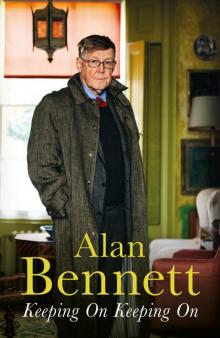 Keeping On Keeping On
Keeping On Keeping On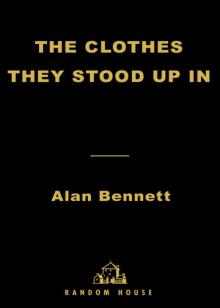 The Clothes They Stood Up In
The Clothes They Stood Up In Smut: Stories
Smut: Stories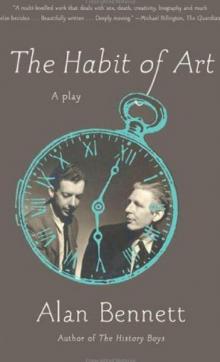 The Habit of Art: A Play
The Habit of Art: A Play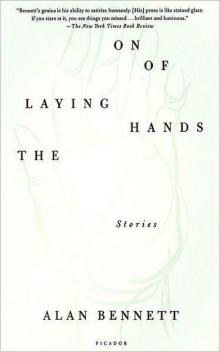 The Laying on of Hands: Stories
The Laying on of Hands: Stories The Madness of George III
The Madness of George III Writing Home
Writing Home The Complete Talking Heads
The Complete Talking Heads The History Boys
The History Boys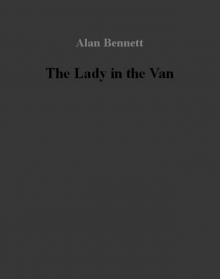 Lady in the Van
Lady in the Van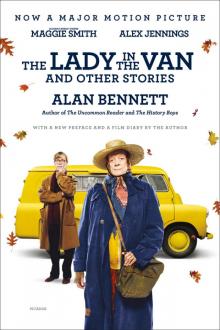 The Lady in the Van
The Lady in the Van Four Stories
Four Stories Alan Bennett: Plays, Volume 2
Alan Bennett: Plays, Volume 2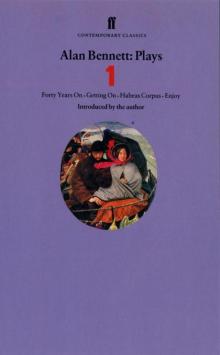 Alan Bennett: Plays, Volume 1
Alan Bennett: Plays, Volume 1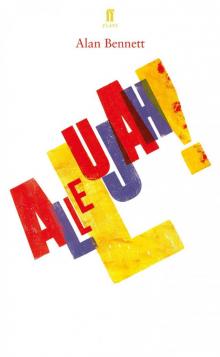 Allelujah!
Allelujah! Untold Stories
Untold Stories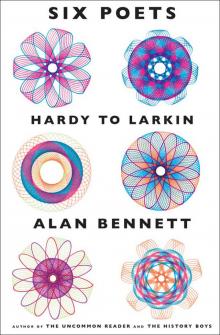 Six Poets
Six Poets